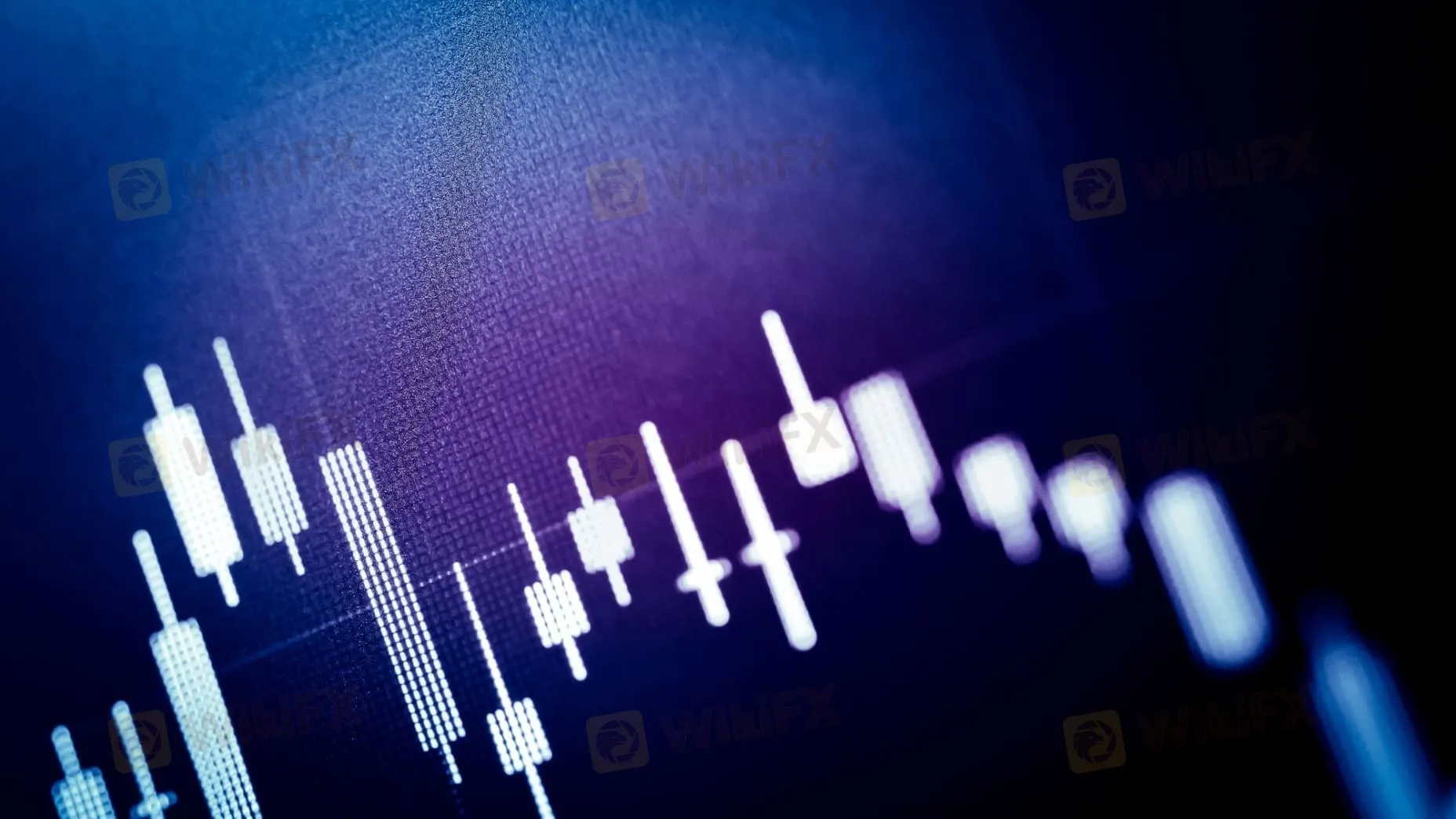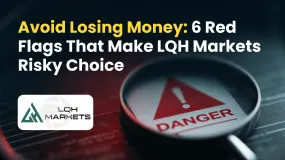简体中文
繁體中文
English
Pусский
日本語
ภาษาไทย
Tiếng Việt
Bahasa Indonesia
Español
हिन्दी
Filippiiniläinen
Français
Deutsch
Português
Türkçe
한국어
العربية
D. Boral Capital agrees to a fine as a settlement with FINRA
Abstract:On August 6, 2025, the Financial Industry Regulatory Authority (FINRA) announced that D. Boral Capital agreed to a censure and a $125,000 fine as part of a settlement for failing to maintain the minimum required net capital.

On August 6, 2025, the Financial Industry Regulatory Authority (FINRA) announced that D. Boral Capital agreed to a censure and a $125,000 fine as part of a settlement for failing to maintain the minimum required net capital.
Net Capital Shortfalls (July 2020–May 2024)
Between July 2020 and May 2024, D. Boral Capital conducted securities business on 96 separate days while failing to maintain its minimum required net capital. These deficiencies violated the Securities Exchange Act. These standards are designed to ensure brokers have sufficient liquid assets to meet obligations to customers.
Inadequate Supervisory Procedures
During the same period, the firm did not establish or maintain written supervisory procedures reasonably designed to ensure compliance with net capital requirements.D. Boral Capital failed to file or timely file the required corporate offering documents. These omissions violated FINRA Rule 5110, which governs filing requirements for underwriting and distribution activities, as well as FINRA Rule 2010.
Sanctions and Settlement Terms
- Censure: A formal public reprimand by FINRA.
- Fine: $125,000 payable by D. Boral Capital.
- No admissions: As is customary in FINRA settlements, the firm consented to the sanctions without admitting or denying the findings.
About D. Boral Capital
- FINRA Membership: Since 2000.
- Location: Headquartered in New York, NY, with two branch offices.
- Staff: 35 registered representatives.
- Business Model: Full-service brokerage primarily serving institutional clients.
Why It Matters
Maintaining minimum net capital and adhering to robust supervisory procedures is critical for broker-dealers to:
Protect Customers: Ensures firms can meet withdrawal and settlement obligations.
Support Market Integrity: Reduces the risk of disorderly liquidations.
Avoid Regulatory Action: Noncompliance can lead to costly fines and reputational harm.
The D. Boral Capital case underscores the importance of continuous monitoring and timely reporting in the brokerage industry. Firms should review their net capital calculations and WSPs regularly, and they must stay vigilant when participating in corporate offerings to meet all filing deadlines.

Disclaimer:
The views in this article only represent the author's personal views, and do not constitute investment advice on this platform. This platform does not guarantee the accuracy, completeness and timeliness of the information in the article, and will not be liable for any loss caused by the use of or reliance on the information in the article.
Read more

Plusonetrade Exposed: Promises High Returns, Delivers Only Trade Losses
Do you feel that Plusonetrade only makes you deposit with high-return promises? Does it deny withdrawals or allow you to take away just the principal amount? Have you been witnessing a lack of customer support to address your withdrawal queries at this forex broker? You have unfortunately trusted a fake broker that is operating without a valid license. The scams are obvious as traders are vehemently opposing the foul play committed by Plusonetrade on broker review platforms.

Avoid Losing Money: 6 Red Flags That Make LQH Markets Risky Choice
The only true way to protect your hard-earned money in the forex market is by staying informed and alert. With the growing number of fraudulent brokers, this dynamic and tempting market has become increasingly risky. Awareness is your best defense. This article serves as another important scam alert, to help you stay safe and avoid losing your money.

Most Volatile Currency Pairs You Should Know Before Trading
Do you think that trading in the most volatile currency pairs is a loss-making proposition? Maybe you are missing out on the profit waiting for you! Yes, you still need to be tactical and strategic when opening and closing positions. However, the increased possibility of dramatic price movements in currency pairs opens up avenues for higher profits while also exposing you to market risks. In this article, we will discuss the most volatile forex pairs worldwide. Read on!

Is Learning Forex Trading Online a Good Idea? Pros and Cons Explained
Forex trading is becoming more popular around the world. To help with this, many brokers are offering forex education courses. Some are free, and some are paid. Some brokers even have special academies to teach trading. This trend is growing fast, but the big question is: Is learning forex online really helpful? And what are the risks that you may not know about? I
WikiFX Broker
Latest News
D. Boral Capital agrees to a fine as a settlement with FINRA
Beware of Fake RS Finance: How to Spot Scams
Fortune Wave Solution: SEC Warns of Investment Scam
Forex Hedging Strategies - Calming You Amid Market Chaos
Key Events This Week: ISM, Trade Balance And More Earnings
What Is Forex Currency Trading? Explained Simply
A Beginner’s Guide to Trading Forex During News Releases
Ultima Markets enters the UK and gains the FCA license
LSEG Announces £1 Billion Share Buyback Program
SEC Lawsuit Targets Real Estate Fraud Scheme by Joseph Nantomah
Currency Calculator


